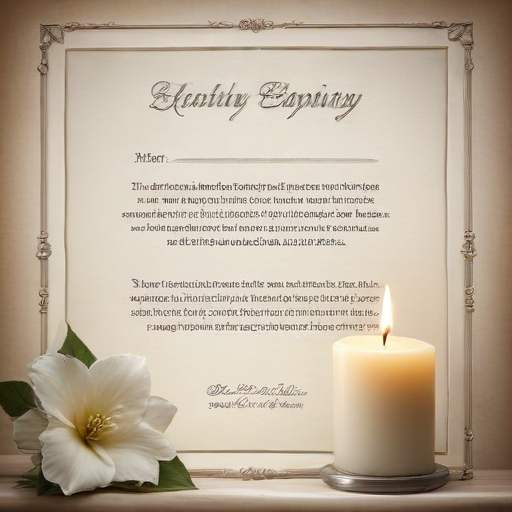Debbie Nelson, who gained public attention primarily due to her tumultuous relationship with her son, rapper Eminem, passed away on Monday night in St. Joseph, Missouri. She was 69 years old. The news of her death was confirmed by an Eminem spokesperson, revealing that she had been courageously battling cancer for several years before ultimately succumbing to lung cancer.
As of Tuesday afternoon, Eminem had not yet issued a public statement regarding his mother’s passing. He is scheduled to perform at the Abu Dhabi Grand Prix this coming Saturday.
Eminem’s complex relationship with Nelson has been extensively explored through his music, particularly in songs like “Cleanin’ Out My Closet,” which highlights their longstanding conflicts. Over the years, the animosity between them played out in various media interviews, becoming a defining aspect of Eminem’s early career. Their estrangement deepened during the early period of his success, leading Nelson to file a defamation lawsuit against her son for comments he made in interviews about her character.
However, in a reflective turn, Eminem later expressed regret in his 2013 track “Headlights,” where he apologized for the harsh words of “Cleanin’ Out My Closet,” admitting to cringing at the song when it plays on the radio. Despite the challenges, he noted that they remained estranged.
Born in 1955 on a U.S. Air Force base in Kansas, Nelson had a difficult upbringing. She married Bruce Mathers at the age of 15 and soon became a mother to Marshall, who would grow up to become Eminem. The family faced hardships, including domestic abuse, which led Nelson to seek a divorce when Marshall was just a toddler.
Throughout Eminem’s childhood, they moved frequently before finding stability in Michigan. Following his rise to fame with “The Slim Shady LP” in 1999, Nelson’s legal actions seemed to further complicate their relationship. Although the defamation lawsuit was settled out of court, Eminem’s lyrics continued to reflect their strained bond.
Nelson published her memoir in 2008, “My Son Marshall, My Son Eminem,” where she described her struggles and expressed enduring love for her son, stating her belief that he still cared for her despite their differences. In her poignant closing remarks, she acknowledged her loneliness but found solace in friendships that helped fill the void in her life.
As the news of her passing settles, it signals the closing chapter of a life marked by challenges, resilience, and complicated relationships. Debbie Nelson’s story reminds us of the impact of familial bonds and the deeply personal struggles that can exist beneath public personas.
While the circumstances of her life were fraught with difficulty, it is a hopeful reminder that reconciliation and understanding are possible, even in the most strained relationships. Hopefully, Eminem can carry forward the memories that reflect not just conflict but also the potential for healing and closure in their narrative together.
